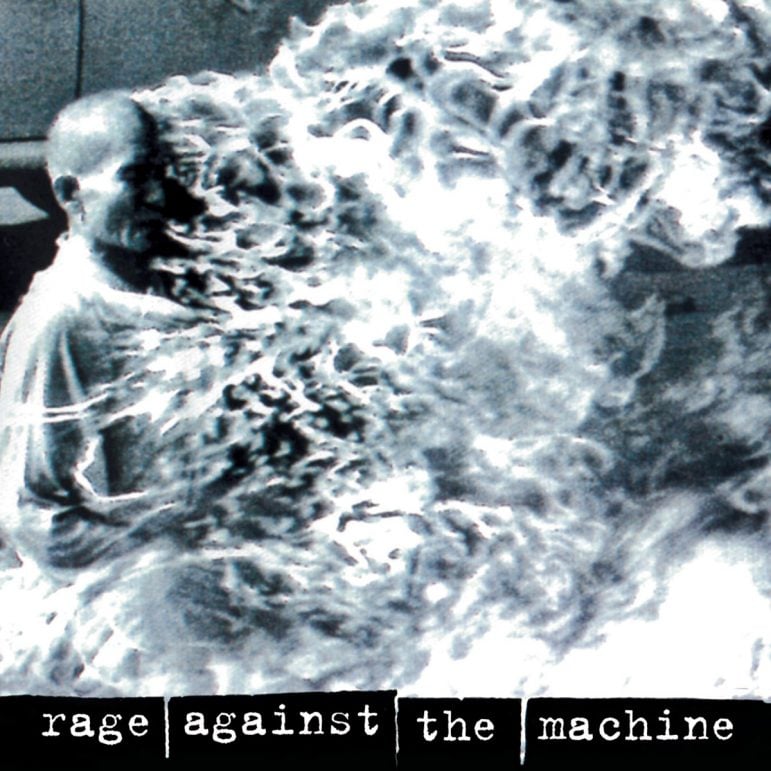
Rage released their self-titled landmark debut on November 3rd, 1992, which appropriately was the day of the US Presidential election. The band’s explicit political views were also well exemplified by the album cover, which featured Thích Quảng Đức, a Vietnamese Buddhist monk, self-immolating as an act of extreme protest.
The band’s radical views were also conveyed through the music on the album. From the opening salvo of “Bombtrack” to the closing notes of “Freedom,” every track on the album bristles with a palpable sense of urgency and an unrelenting drive for social change. Rage Against the Machine is not simply a collection of songs; it is a manifesto, a call to arms, and a visceral expression of righteous indignation. The album’s aggressive lyrics and ferocious instrumentation merge to form a rallying cry for those who refuse to accept the injustices perpetuated by the powers that be.
One of the album’s most iconic tracks, “Killing In The Name,” is a searing indictment of institutionalized racism and police brutality. The song’s refrain, “Some of those that work forces, are the same that burn crosses,” encapsulates the band’s unflinching willingness to confront systemic corruption head-on.
Another standout track, “Bullet in the Head,” addresses how morally bankrupt power structures use the media to manipulate the masses. The lyrics are a scathing critique of the media’s role in shaping public perception and its complicity in perpetuating injustice.
Rage Against the Machine is a seminal work that transcends the boundaries of genre and time, standing as a testament to the enduring power of music as a force for change. It continues to be relevant.

